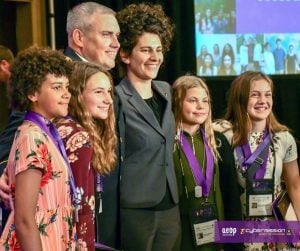Undergraduate student Alexander Baxter (general engineering) was mentioned by Materials Performance as a recipient of the Association for Materials Protection and Performance (AMPP) Great Lakes Chapter Scholarship for 2024.
Students were recognized at AMPP’s 2024 Scholarship Awards Ceremony, held as part of the EMERGing Leaders Bash at the 2024 AMPP Annual Conference + Expo in New Orleans on March 3–7. It is a gathering materials protection professionals.
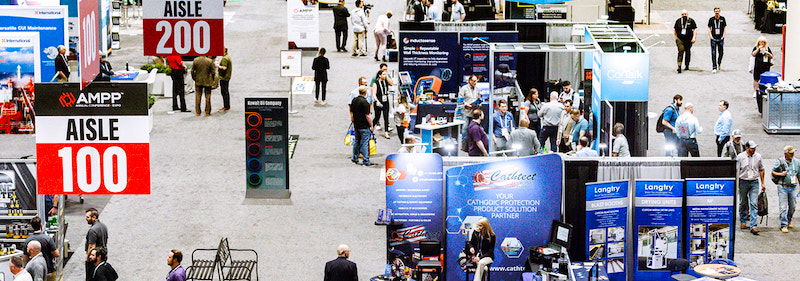

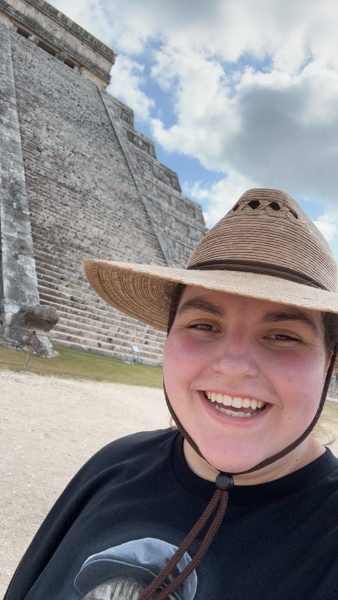
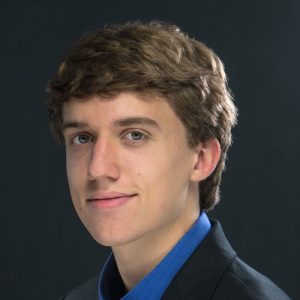

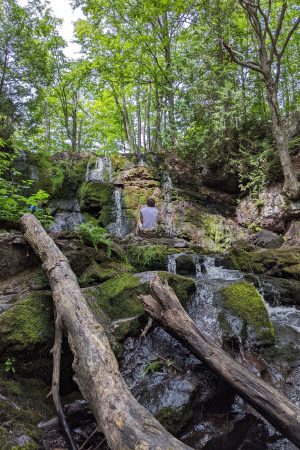
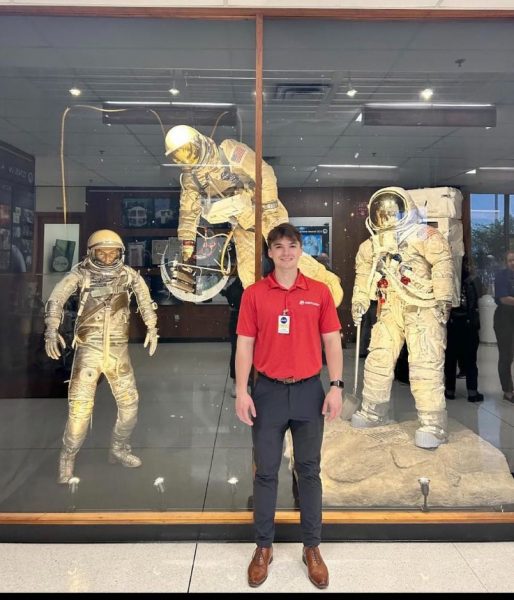
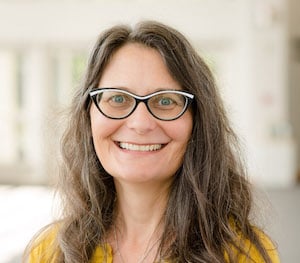



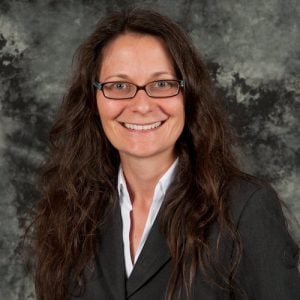
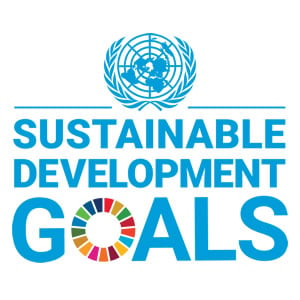 For the past two years, students in “Introduction to Business” (BUS1100) and “Engineering Modeling and Design” (ENG1102) worked on project design teams to develop innovative solutions to a challenging problem.
For the past two years, students in “Introduction to Business” (BUS1100) and “Engineering Modeling and Design” (ENG1102) worked on project design teams to develop innovative solutions to a challenging problem. 